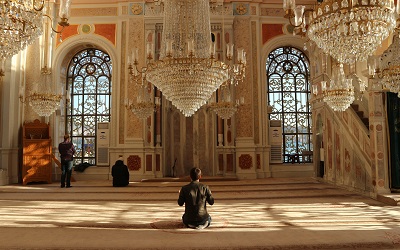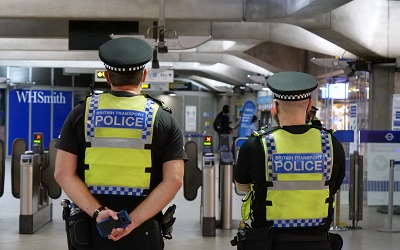
Citizenship & Governance
Citizenship & Governance
Our research is rethinking the changing relationships between citizens and authorities in the 21st century. Its scope ranges from global issues like migration, to the increasing scrutiny of private lives.
Find out more about who we are, our research streams and the impact of our work by following the links below or by visiting the Citizenship and Governance website.

Belonging and Faith in Law
Considers the relationship between law, religion, and politics, as well as exploring how communities around the world view the rule of law and its implementation.

Collaborative and Inclusive Governance
Explores the ways in which governance pervades every part of human endeavour; whether constitutional, cultural, economic, political, and social with respect to citizenship.

Digital Participation
Responsible for research about how digital technologies are reshaping what participation means in social, political, cultural, organisational and economic contexts.

Gender, Intimacies and Sexuality
Investigates how public and private spheres intersect and separate, illustrating how the personal is profoundly political, at every level.

Justice, Borders, and Rights
Addresses some of the most polarising debates around borders, politics, and knowledge production, which are the forefront of debates and conflicts around global inequalities.

Public Leadership and Management
Explores the implications for how societies are led in ways which create (or destroy) public value, and how governments and public services are managed.
If you have any questions or would like more information, please contact the Citizenship and Governance team.